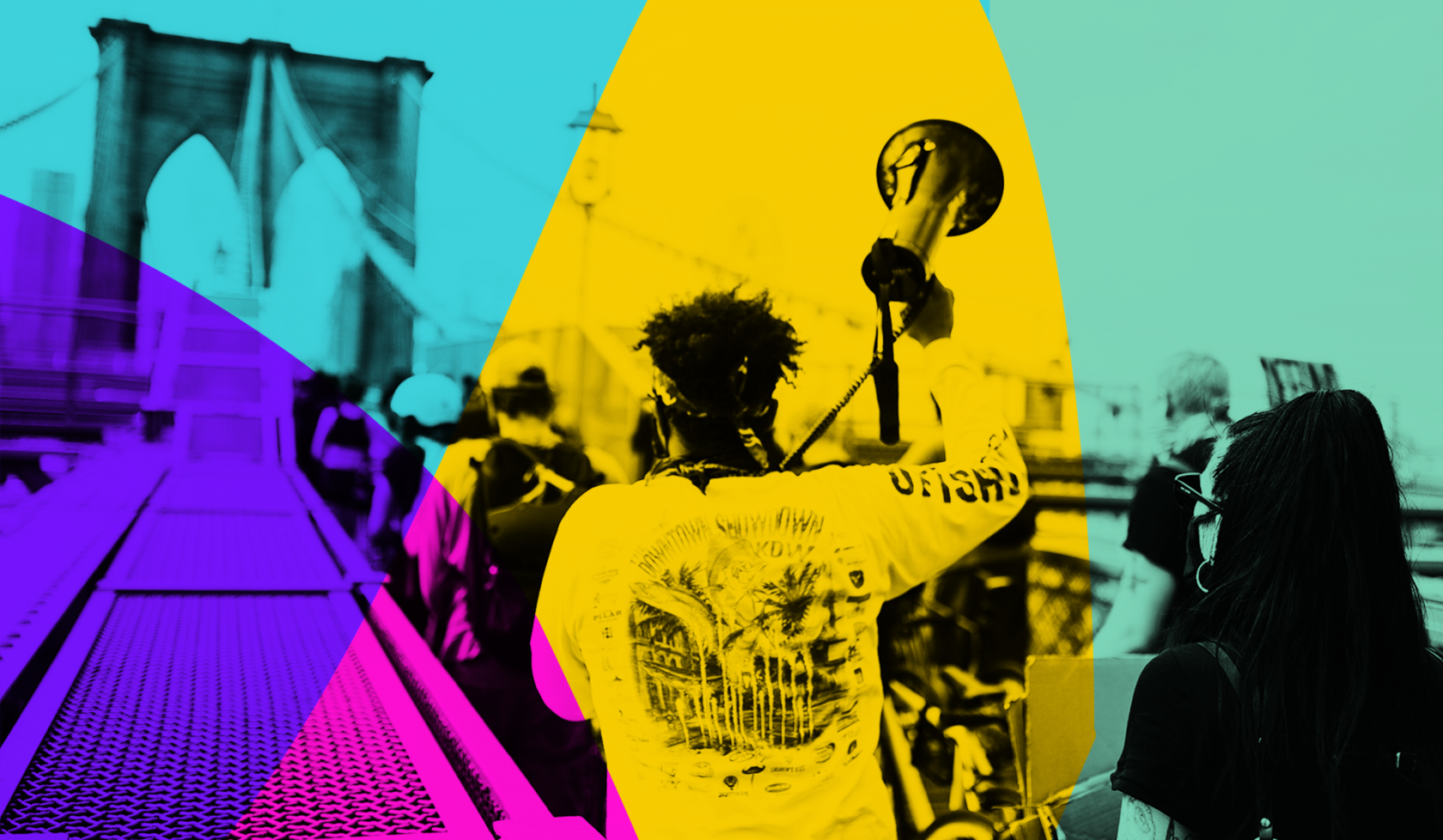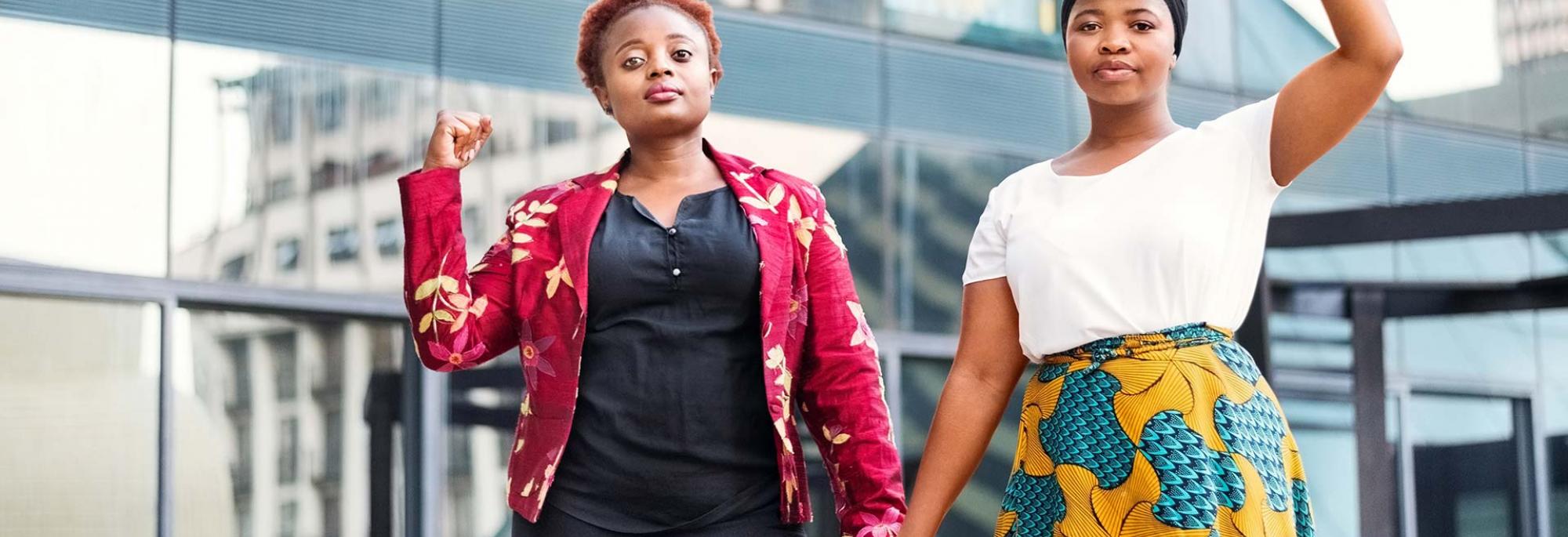
Charles Hamilton Houston
The first general counsel of NAACP, Charles Hamilton Houston exposed the hollowness of the "separate but equal" doctrine and paved the way for the Supreme Court ruling outlawing school segregation. The legal brilliance used to undercut the "separate but equal" principle and champion other civil rights cases earned Houston the moniker "The Man Who Killed Jim Crow."
"This fight for equality of educational opportunity (was) an isolated struggle. All our struggles must tie in together and support one another. . .We must remain on the alert and push the struggle farther with all our might."
Early years
Houston's experience in the racially segregated U.S. Army, where he served as a First Lieutenant in World War I in France, made him determined to study law and use his time "fighting for men who could not strike back."
"The hate and scorn showered on us Negro officers by our fellow Americans convinced me that there was no sense in my dying for a world ruled by them. I made up my mind that if I got through this war I would study law and use my time fighting for men who could not strike back."
Houston returned to the U.S. in 1919 and entered Harvard Law School, becoming the first Black student to be elected to the editorial board of the Harvard Law Review. After graduating from Harvard with a Doctor of Laws degree in 1923 and studying at the University of Madrid in 1924, Houston was admitted to the District of Columbia bar and joined forces with his father in practicing law.
Later, as dean of the Howard University Law School, Houston expanded the part-time program into a full-time curriculum. He also mentored a generation of young Black lawyers, including Thurgood Marshall, who would go on to become a United States Supreme Court justice.
Houston's stroke of genius
Houston left Howard University to serve as the first general counsel He played a pivotal role in nearly every Supreme Court civil rights case in the two decades before the landmark Brown v. Board of Education ruling in 1954. Houston worked tirelessly to fight against Jim Crow laws that prevented Blacks from serving on juries and accessing housing.
However, it was in the fight against school segregation that Houston came up with the clever argument that would make him famous. His ingenious legal strategy was to end school segregation by unmasking the belief that facilities for Blacks were "separate but equal" for the lie it was.
In a 1938 Supreme Court case concerning the admission of a Black man to the University of Missouri, Houston argued that it was unconstitutional for the state to bar Blacks from admission since there was no "separate but equal" facility. At the time, Southern states collectively spent less than half of what was allotted for white students on education for Blacks. Houston's intention was to make it too expensive for facilities to remain separate.
His ingenious legal strategy was to end school segregation by unmasking the belief that facilities for Blacks were "separate but equal" for the lie it was. Houston's shrewd strategy worked, effectively paving the way for desegregation.
While not rejecting the premise of "separate but equal" facilities, the Supreme Court ruled that Black students could be admitted to a white school if there was only one school. Houston's shrewd strategy worked, effectively paving the way for desegregation.
Houston's legacy
Sadly, Houston would not live to see segregation declared unconstitutional by the Supreme Court in 1954 in Brown v. Board of Education. He died in 1950 from a heart attack.
Houston was posthumously awarded the NAACP Spingarn Medal in 1950 and the main building of the Howard University School of Law was named Charles Hamilton Houston Hall in 1958. Harvard Law School named a professorship after him and in 2005, opened the Charles Hamilton Houston Institute for Race and Justice.

Meet other heroes who advanced racial justice
The voices of these visionaries shape our present and inform our future.
View all civil rights leadersJoin the fight
You are critical to the hard, complex work of ending racial inequality.
Become an NAACP member